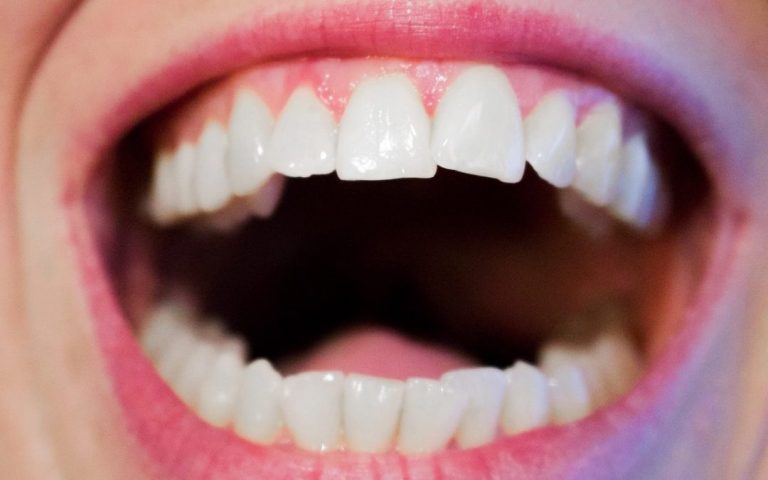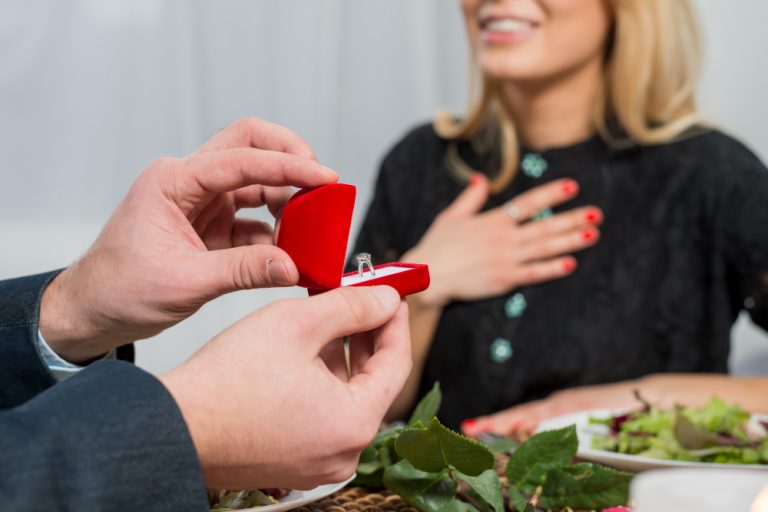Like other health crises, oral or dental crises usually occur without warning. Knowing how to respond in a dental emergency will help you use every minute to help reduce the severity of the problem. Knowing who to call and what to do after an injury ensures you can take immediate action. A quick response will be needed to resolve some of the situations that may arise.
Broken Teeth: Sometimes, a tooth can be broken due to a head injury. If this happens, look at the tooth fragments. Collect any pieces you find so you can take them to the dentist. Rinse the injured area with warm water, and place a cool washcloth on the injured area. Call a dentist immediately to make an emergency appointment.
Permanent tooth loss: If an injury destroys a permanent tooth, take immediate action. Find teeth if possible. Just touch the crown of the tooth and put it back into the socket in the mouth. It may be necessary to keep it in place. If you can’t put the tooth back in the socket, put it in a cup of fresh milk to preserve it. Call a dentist immediately.
Painful toothache: Painful toothache can indicate an abscess or other infection in the mouth. To clean it, rinse your mouth with warm saltwater. If there is swelling in the cheeks, apply a cold compress. Call a dentist as soon as possible to make an appointment.
Injury to the mouth: Other injuries to the mouth may require immediate medical attention. If the jaw is injured as a result of the impact, the jawline may appear distorted. Keep the injured person’s face as still as possible, and seek emergency help. If someone bites the cheek, lip or tongue and the bleeding does not stop after 15 minutes, call a doctor or dentist to evaluate the person as soon as possible.
What to do in a dental emergency?
The dental practice has regular office hours to treat and assist patients. If an accident or injury occurs hours later, patients can call the emergency number hours later for help. The answering service will take the information of the monitoring call and send it to the dentist to decide how to help the patient. Some people may need to go to the emergency room regularly for treatment, while others may need to immediately see a dentist or oral surgeon.
Sometimes the traumatic injury can occur, but the condition is not considered a dental crisis. For example, a soft tissue injury such as a bruised lip or a blow to the cheek can occur. In this condition, apply strong pressure to the injury site to control any bleeding. Continue to push for 15 minutes. If there is an injury and swelling, then apply a cold compress.
If the tooth is not losing or blocked and the bleeding stops, it will not be a dental crisis. However, if you cannot control the pressure bleeding, call the dental emergency line or the hospital emergency room for help. Call your dentist’s emergency number to talk to your professional whenever you are unsure whether an injury is an emergency. If you do not have a regular dentist, you can call the hospital’s emergency room for help.
- Dental First Aid for Children
- First aid for inflammation
- Dental Emergency Fact Sheet
- Emergency Dental Treatment for International Traveller
When you take good care of your mouth, your gums and teeth will be healthy and strong. Daily brushing and flossing are the first line of protection to prevent dental problems. When engaging in certain contact sports such as hockey, basketball and wrestling, you can help avoid injuries by wearing a mouthguard. Mouthguards keep the jaw, mouth and teeth in place to prevent injury after contact or impact.




